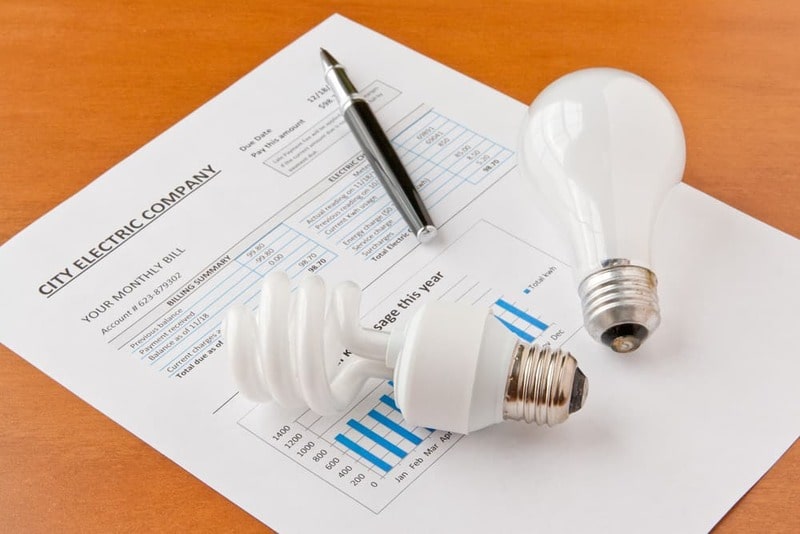Australia is witnessing a surge in power bills as the nation progressively leans into the renewable energy transition. Sky News host Paul Murray pointed out that the enthusiastic push towards renewable energy sources has resulted in an uptick in electricity costs for consumers.
Following a significant summit led by the Prime Minister focusing on job creation, there has been a substantial shift towards renewable energy in the country. This transition, while crucial for environmental sustainability, has led to a 25% increase in power bills, causing concern among the populace.
Financial Challenges in Renewable Transition
The transition to renewable energy is not without its financial challenges, as highlighted by Paul Murray. He questioned the rapid move away from traditional energy sources, which have been the backbone of Australia’s energy supply for decades.
While renewable energy is vital for reducing carbon emissions and combating climate change, the financial implications for the average consumer cannot be ignored. The increase in power bills is a significant burden for many households, making the transition to renewables a contentious issue.
The Paradox of Renewable Energy Costs
Interestingly, there is a paradox at play where the costs of renewable energy generation are decreasing, yet the end-consumer prices are on the rise. This phenomenon can be attributed to various factors, including the initial investment required for renewable infrastructure and the phasing out of fossil fuels.
As renewable energy technologies continue to advance and become more affordable, it is expected that consumer electricity prices will eventually stabilise and possibly decrease. However, in the interim, households are forced to bear the brunt of increased costs.
Future Implications and Considerations
The future landscape of Australia’s energy market is set to change dramatically as renewable energy continues to take centre stage. While the transition is necessary for a sustainable future, careful consideration and planning are required to mitigate the financial impact on consumers.
Strategies and policies need to be implemented to ensure that the shift to renewable energy is not only environmentally responsible but also economically viable for all Australians. Balancing the immediate financial challenges with the long-term benefits of renewable energy is crucial for a smooth transition.
FAQs
Does renewable energy reduce electricity bills? Not immediately. The initial transition phase sees increased bills due to infrastructure investments.
Do renewables make electricity more expensive? In the short term, yes, due to initial costs and phasing out of traditional energy sources.
What is the paradox of declining renewable costs and rising electricity prices? While renewable technology gets cheaper, consumer prices rise due to initial transition investments.
What does renewable energy mean for my electric bill? Initially, you may see an increase, but prices are expected to stabilise or decrease in the long run.
How can the financial challenges of transitioning to renewables be mitigated? Through careful planning, policy implementation, and leveraging advancing, affordable technologies.


Leave a Reply